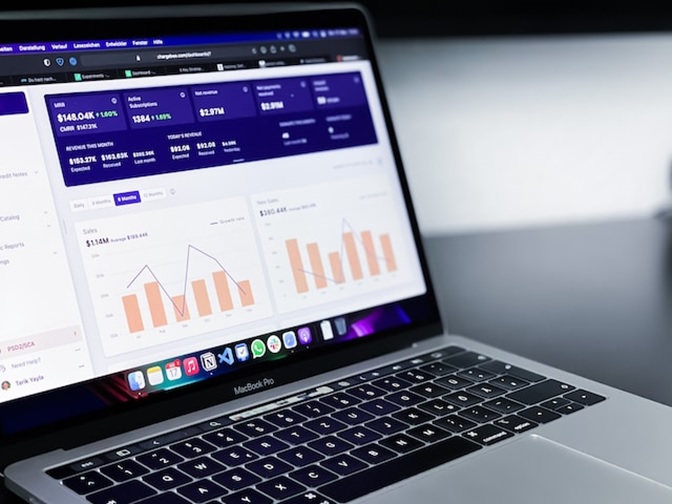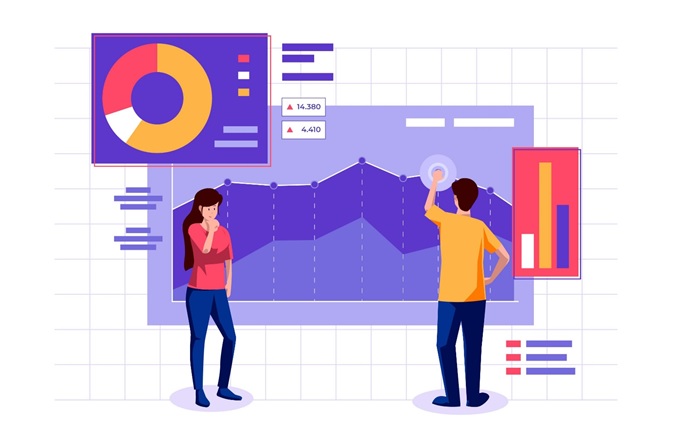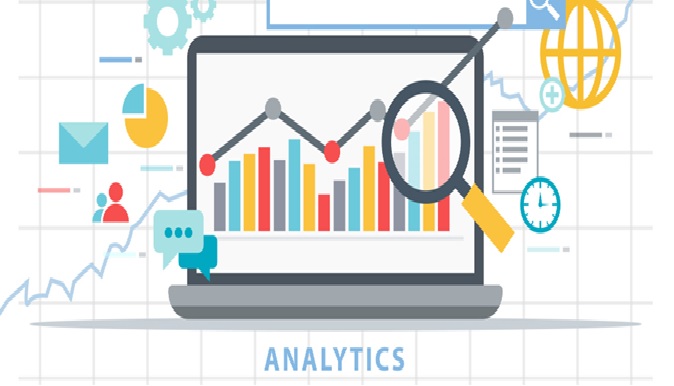Business Intelligence and Environmental Sustainability
Environmental sustainability is becoming critical for organizations to stay relevant and competitive in today’s evolving landscape. Much like digital transformation, integrating sustainability mandates organizations to alter every operation in the business. Today, sustainability is advancing as an integral part of developing a corporate framework. Sustainability for organizations can be categorized into three areas - Environment, Social, and Governance (ESG). [1]

Figure 1. Business Intelligence and Environmental Sustainability
Figure 1 shows Business intelligence (BI) and environmental sustainability are two distinct fields that can complement each other. BI involves the use of data analysis tools and techniques to gain insights into business operations and make informed decisions. On the other hand, environmental sustainability refers to practices that aim to minimize the impact of business activities on the natural environment and promote sustainable development.
The integration of BI and environmental sustainability can lead to several benefits for businesses. For example:
- Better decision-making:By using BI tools to analyse data on environmental impact, businesses can make informed decisions that promote sustainability. For instance, they can use data to identify areas where energy consumption can be reduced or waste can be minimized.
- Cost savings:Sustainability practices can help businesses save money by reducing resource consumption and waste. BI tools can help track these savings and identify areas where further cost reductions can be made.
- Improved reputation:Consumers are increasingly conscious of the environmental impact of the products they use and the businesses they support. By adopting sustainable practices and communicating their efforts to customers, businesses can enhance their reputation and attract environmentally conscious consumers.
- Compliance:Many countries have regulations and laws in place that require businesses to report on their environmental impact. BI tools can help businesses comply with these regulations and ensure they are meeting their environmental obligations.
- Innovation:Adopting sustainable practices can stimulate innovation and lead to the development of new products and services that meet environmental objectives. BI tools can help identify areas where innovation is needed and track the success of new initiatives.
In conclusion, integrating BI and environmental sustainability can lead to several benefits for businesses, including better decision-making, cost savings, improved reputation, compliance, and innovation. By leveraging data analysis tools to gain insights into their environmental impact, businesses can promote sustainability while also achieving their operational goals.
References:
- https://www.sganalytics.com/blog/environmental-sustainability-predictions-2023/
Cite this article:
Janani R (2023),Business Intelligence and Environmental Sustainability, AnaTechMaz, pp.54















